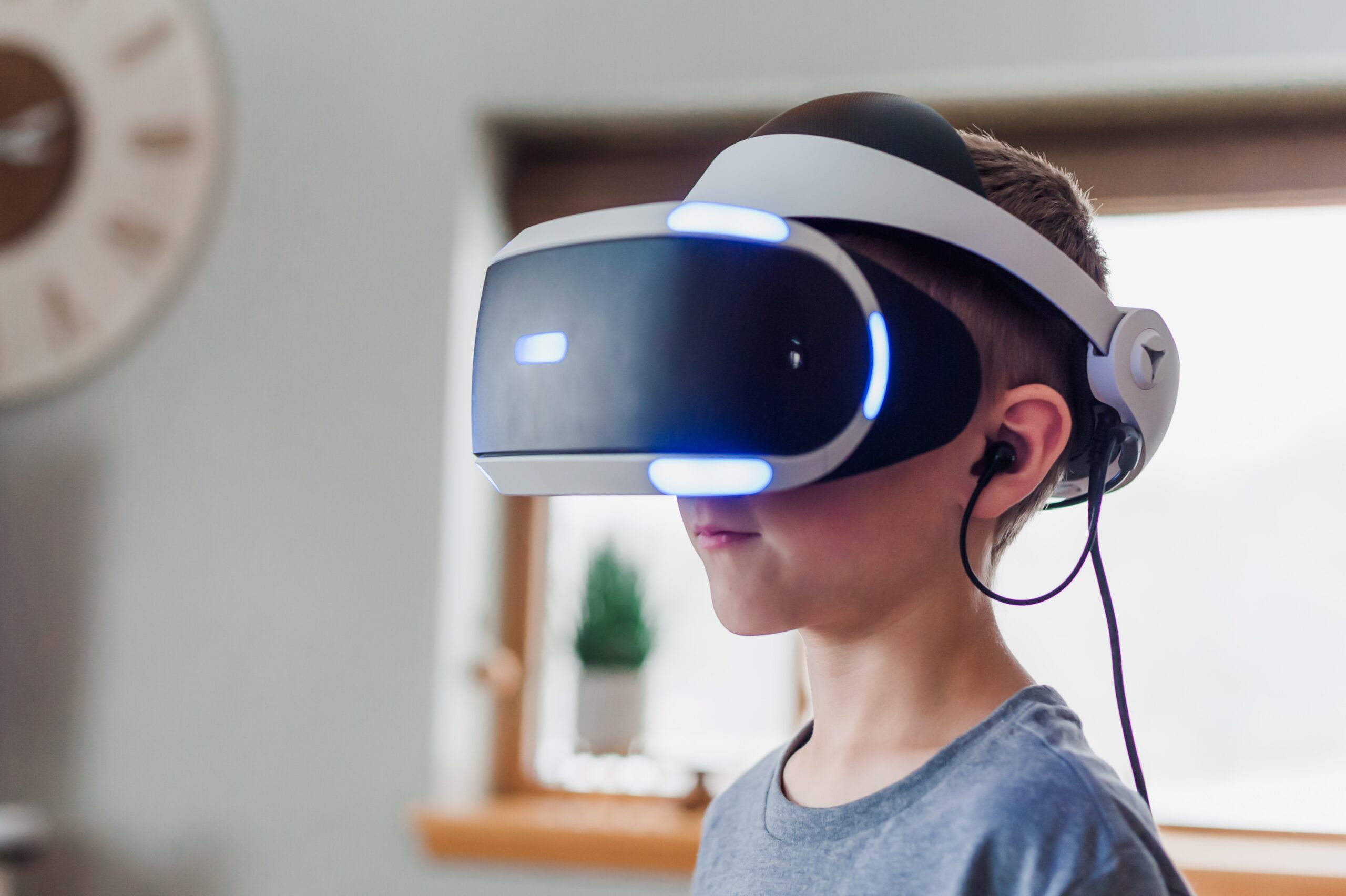Virtual and augmented reality (VR and AR) are rapidly transforming the marketing landscape, offering businesses new and exciting opportunities to engage with their target audience in innovative ways. These immersive technologies have the power to revolutionize the way brands communicate, connect, and sell their products or services. In this blog post, we will explore the impact of virtual and augmented reality on marketing and discuss how businesses can leverage these technologies to stay ahead of the competition.
Enhancing Customer Engagement
One of the key advantages of VR and AR in marketing is the ability to create immersive experiences that captivate and engage customers. These technologies allow businesses to transport their audience into virtual environments or overlay digital elements onto the real world, providing a unique and memorable interaction.
For example, a furniture retailer can use AR to enable customers to visualize how a particular piece of furniture would look in their own home. By simply using their smartphone or tablet, customers can see a virtual representation of the furniture in their living room, making the purchasing decision easier and more confident.
Similarly, VR can be used by travel agencies to offer potential customers a virtual tour of a destination, allowing them to explore different locations and attractions as if they were physically there. This immersive experience not only helps customers make informed decisions but also creates a lasting impression that sets the brand apart from competitors.
Increasing Brand Awareness
VR and AR present businesses with an opportunity to create unique and memorable experiences that increase brand awareness. By leveraging these technologies, companies can differentiate themselves from competitors and leave a lasting impression on their target audience.
For instance, a clothing retailer can use AR to create virtual fitting rooms, allowing customers to try on clothes virtually without having to physically visit the store. This not only provides convenience but also generates buzz and excitement around the brand, attracting new customers and increasing brand visibility.
Furthermore, VR can be utilized by event organizers to offer virtual attendance options. This enables individuals who are unable to physically attend an event to still participate virtually, expanding the reach and impact of the event. By offering this unique experience, businesses can position themselves as industry leaders and influencers, further enhancing their brand reputation.
Driving Sales and Conversions
VR and AR have the potential to significantly impact sales and conversions by providing customers with a more immersive and personalized shopping experience. These technologies allow businesses to showcase their products or services in a way that goes beyond traditional marketing methods.
For example, an automotive company can use VR to allow potential customers to virtually test drive a car, experiencing the thrill and features of the vehicle without leaving their homes. This not only saves time and resources but also increases the likelihood of a purchase, as customers can make more informed decisions based on their virtual experience.
Similarly, AR can be used by e-commerce businesses to offer virtual try-on experiences for clothing and accessories. By overlaying digital elements onto a customer’s live image, they can see how different products look on them before making a purchase. This reduces the risk of returns and increases customer confidence, ultimately driving sales and conversions.
Leveraging VR and AR for Marketing Success
To leverage the power of VR and AR for marketing success, businesses should consider the following strategies:
- Identify the most suitable use cases: Understand your target audience and identify the areas where VR and AR can add the most value to their experience.
- Create compelling and immersive content: Invest in high-quality content that is engaging, interactive, and tailored to your audience’s needs and preferences.
- Optimize for voice search and search engines: Ensure your content is optimized with relevant keywords and phrases to improve visibility on both voice search and traditional search engines.
- Partner with experts: Collaborate with VR and AR specialists to develop and implement effective marketing campaigns that align with your business goals.
- Measure and analyze results: Continuously monitor and analyze the performance of your VR and AR campaigns to make data-driven decisions and optimize future strategies.
By embracing virtual and augmented reality, businesses can unlock new opportunities to engage with their audience, increase brand awareness, and drive sales and conversions. As these technologies continue to evolve, it is crucial for businesses to stay ahead of the curve and leverage the power of VR and AR to create meaningful and memorable experiences for their customers.
Are you looking for a media and creative agency in Lagos, Nigeria? Look no further than DavziaX! Our innovative and modern-day agency provides marketing and sales solutions to businesses like yours. We offer a wide range of services, including SEO, social media management, web design and development, marketing strategies, content creation, social media presence boosting, training, video production, coaching, and more. Contact us today on WhatsApp at 2349078689271 or call 07080639319 to learn how we can help you overcome your business challenges and take your business to the next level.
